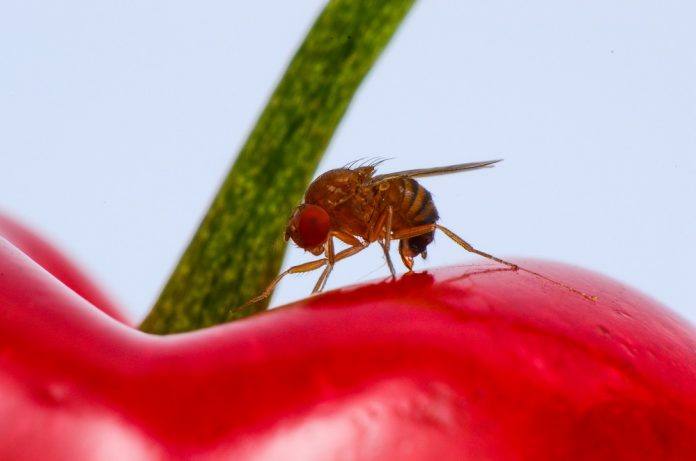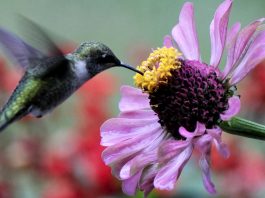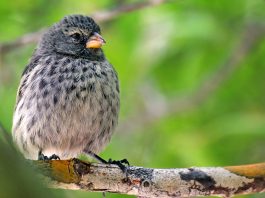A research team from Centre for Agriculture and Bioscience International (CABI) have emphasised the safety of a classical biological control agent against the invasive fruit fly, Drosophila suzukii.
What is Drosophila suzukii?
D. suzukii, also known as the Spotted Wing Drosophila, is a frugivorous insect native to Eastern Asia that was unintentionally introduced to the Americas and Europe in the 2,000s, where it rapidly spread and created a challenge for the classical biological control agent to tackle.
The fruit fly attacks approximately 150 wild and cultivated fruits, such as cherries, berries, and ornamental plants.
Unlike the sympatric Drosophila species in invaded areas, D. suzukii females are able to lay eggs inside unwounded ripening fruits due to their specialised egg-laying organ, which is equipped with saw teeth, thus providing it with a unique niche virtually free from competition.
The resulting high abundance of D. suzukiis led to extensive damage, and created a major problem for fruit growers, especially in the soft fruit industry.
Experiments reveal what type of species is feeding on fruits
Field cage releases of the parasitoid G1 Ganaspis cf. brasiliens was conducted in two regions of Switzerland in August 2021 and supports findings from previously conducted laboratory-based experiments and the low risk for non-target impacts on native D. suzukii.
This collaborative study included colleagues from the Repubblica e Cantone Ticino, Agroscope, and the Institute of Agricultural Sciences (IAS) of ETH Zurich. From this research, scientists revealed that the larvae of the target species, D. suzukii, was readily parasitised, and of the 957 emerging parasitoids, only one was from the non-target species, D. melanogaster.
Lead researcher Dr Lukas Seehausen, based at CABI in Switzerland, explained: “Released parasitoids had the choice to parasitise either D. suzukii larvae in fresh fruits, blueberries or elderberries, or the non-target native species D. melanogaster in decomposing fruits, which is their natural habitat.
“The results were unequivocal in that parasitism of D. suzukii larvae feeding in fresh fruits was on average 15%, whereas only one parasitoid emerged from D. melanogaster feeding on decomposing fruits, which is a mere 0.02% parasitism.
“The results achieved under semi-field conditions supports findings from previous laboratory experiments that the parasitoid G1G. cf. brasiliensis is highly specific to D. suzukii larvae feeding in fresh fruits and parasitism of the closely related D. melanogaster naturally feeding on decomposing fruits is very rare.
“Because in its invaded range D. suzukii is the only Drosophila species that can attack and develop in undamaged fresh fruits, we conclude that possible non-target impacts are a low and acceptable risk for the control of the destructive invasive spotted wing Drosophila.”
Scientists noted a recent acceptance in the application for releases of the same parasitoid in the US, following the first releases of G. cf. brasiliensis in Italy in 2021. Furthermore, due to the submission of an application in Switzerland in February 2022, further research starts to be implemented into practice.
To keep up to date with our content, subscribe for updates on our digital publication and newsletter.









